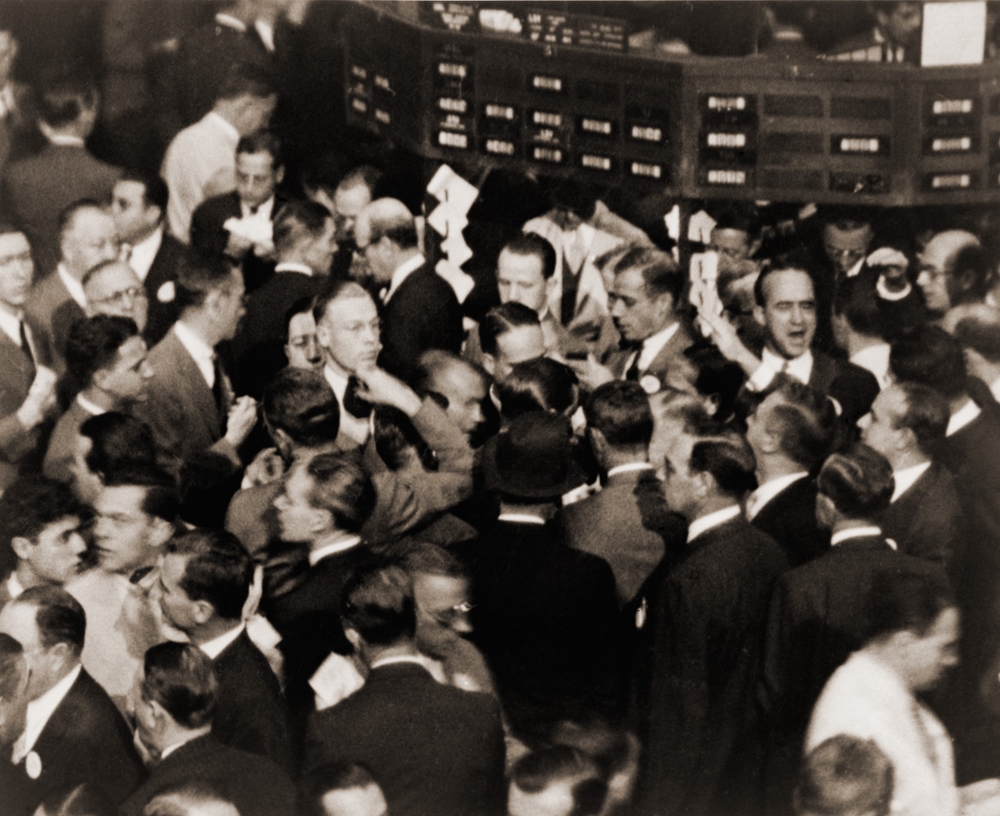Save the date! You don’t want to miss Chief Investment Strategist Alexander Green’s groundbreaking series, The Three Great Secrets for Breakout Profits.
In this unique three-part online event on December 15, Alex will reveal the methods behind his most profitable wins AND share his three top stock picks. And it’s entirely FREE to attend!
You’ll even get the chance to ask Alex your must-know questions with the live chat feature. Click here to register for Alex’s series, The Three Great Secrets for Breakout Profits.
We hope to see you there!
Finance professors who study insider transactions often issue a warning sign about the market when they see corporate officers and directors selling more shares than they’re buying.
But this is entirely misguided, not least of all because corporate insiders almost always sell more shares than they buy.
That’s because option grants are now a major part of executive compensation.
Officers and directors generally sell these shares to lock in the difference between the grant price and the current market price.
It would be encouraging to see them hold on. But there are plenty of legitimate reasons insiders might sell that have nothing to do with the near-term prospects for the business.
They could have a high overhead. Or might be diversifying their portfolios. Or may be paying for an expensive private school or buying a second home. Or maybe they’re getting a divorce and have to sell half their shares.
For all these reasons, there are ordinarily many more shares sold than bought by insiders.
Investors unaware of this fact often get themselves in a panic when they realize how much insider selling is going on at the companies they own.
Usually their fears are unfounded.
However, sometimes there are good reasons for concern, particularly if the insiders are selling heavily into a declining share price.
As negative indicators go, this one is a bell ringer.
It sends the message loud and clear that the folks who run the company want out – and they aren’t being terribly particular about the price.
Aside from misunderstanding the nature of insider selling, many investors misinterpret the monthly insider buy/sell ratio published in the financial press.
For instance, some jump to the conclusion that the market will tank when insider selling spikes. Likewise, if insiders are buying more than average, they believe it means the market is about to rally.
That’s not necessarily so.
While top executives know a great deal about the companies they run, they don’t know any more than the rest of us about what the whole market will do.
And while heavy insider buying is occasionally an indication of a market bottom, widespread insider selling is rarely a sign of a market top.
The sad truth is market timing doesn’t work. (The rare exception – seen every decade or so – is when investor euphoria coincides with sky-high valuations or abject pessimism accompanies rock-bottom valuations.)
Insiders, it turns out, can’t time the market any better than you or I can.
But turn the equation around. Why would lots of insiders buy significant amounts of their own company’s stock with their own money at current market prices?
The answer, of course, is that based on their experience and knowledge – which includes plenty of material, nonpublic information – they believe the shares are selling for a lot less than what they’re worth.
Broad measures of insider activity are relatively meaningless. Insider selling at specific companies is a mixed bag. But heavy insider buying at individual companies is a highly significant indicator.
So ignore the market forecasts. Focus instead on companies where the officers and directors are investing huge sums in their own companies’ shares.
If you’re looking for a buy signal, that’s one of the very best.
P.S. If you’d like to learn more about my key strategies, sign up to join my three-part special training this Wednesday: The Three Great Secrets for Breakout Profits. It’s completely free to attend – simply click here to register.
Click here to watch Alex’s latest video update.

